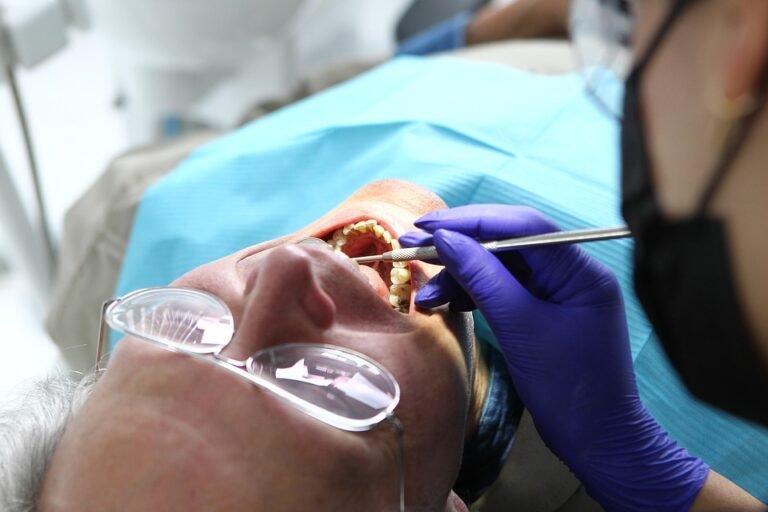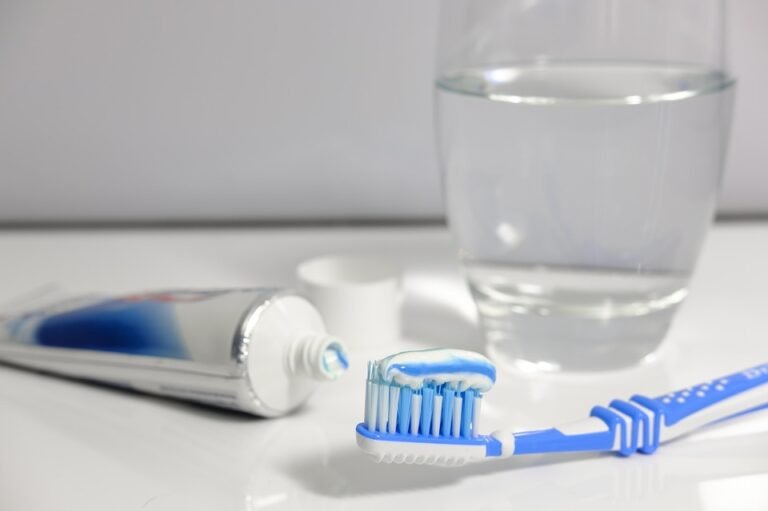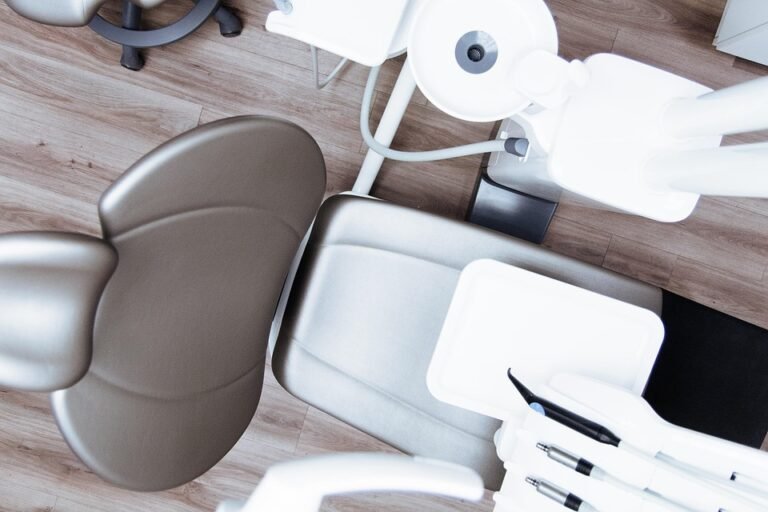Is online dental education suitable for all learners?
Okay, so I’m considering going back to school to become a dentist, but the idea of uprooting my life and being in a classroom for that long is really daunting. I’ve seen a few online dental programs popping up, and they sound amazing in terms of flexibility. But are they actually good? Like, can you really learn everything you need to know to be a competent dentist online?
My specific concern is around the hands-on aspect. Dentistry is obviously a very practical profession. How would you even learn to do fillings or extractions properly online? Do these programs just skip that part, or do they have some kind of special simulation or in-person residency component?
I’m also wondering about different learning styles. I learn best by doing, and I’m worried I’ll struggle with just watching videos and reading textbooks. Has anyone with a similar learning style found success in an online dental program?
And finally, what about accreditation? Are online dental programs even accredited? Would a degree from one of these programs be respected in the dental community? Basically, I’m wondering if online dental education is a viable option for me, but I don’t know if it’s even viable for anyone!
Answer
Online dental education, while offering numerous benefits and expanding access to learning, is not universally suitable for all learners due to the inherent complexities of dental education and the diverse learning styles, technological access, and personal circumstances of prospective students.
Challenges Inherent in Dental Education:
- Hands-On Skill Development: Dentistry is a highly practical, skill-based profession. A significant portion of dental education involves developing fine motor skills, spatial reasoning, and clinical judgment through hands-on experience. This includes procedures like cavity preparation, root canal treatment, extractions, and prosthodontic fabrication. Replicating these experiences effectively in a purely online environment presents a considerable challenge. While virtual simulations and augmented reality can offer some training, they cannot fully replace the tactile feedback and real-world complications encountered when working on actual patients or even realistic mannequins. The transfer of skills learned virtually to the real clinical setting is a critical concern.
- Patient Interaction and Management: A crucial aspect of dental education is learning to interact with patients, building rapport, understanding their medical history, addressing their anxieties, and managing emergency situations. This involves developing communication skills, empathy, and ethical decision-making. Online platforms can simulate patient interactions to some extent, but they lack the spontaneity and complexity of real-life encounters. The subtleties of non-verbal communication, managing difficult patients, and adapting treatment plans based on individual patient needs are difficult to convey effectively online.
- Teamwork and Collaboration: Dental practice often involves working as part of a team, including dental assistants, hygienists, and other specialists. Dental education should foster teamwork, communication, and mutual respect. Online learning can incorporate group projects and discussions, but it may not fully replicate the dynamics of a clinical team environment where students learn to delegate tasks, provide support, and coordinate care.
- Equipment and Infrastructure: Dental schools provide access to specialized equipment, including dental chairs, handpieces, X-ray machines, and sterilization equipment. These resources are essential for hands-on training. Online learners would need to find alternative ways to access or simulate these resources, which may be costly or impractical. Moreover, the maintenance and troubleshooting of equipment, which are often part of the learning process, would be difficult to replicate online.
Learner-Specific Considerations:
- Learning Styles and Preferences: Not all individuals learn effectively in an online environment. Some learners thrive in structured, classroom-based settings with direct interaction with instructors and peers. They may find it challenging to stay motivated, manage their time effectively, and engage with online materials in the absence of traditional classroom dynamics. Kinesthetic learners, who learn best through hands-on activities, may particularly struggle with online dental education.
- Self-Discipline and Motivation: Online learning requires a high degree of self-discipline, motivation, and time management skills. Students must be able to stay focused, meet deadlines, and seek help when needed without the external structure of a traditional classroom setting. Procrastination and lack of engagement can be significant challenges for some learners.
- Technological Access and Skills: Online learning requires reliable access to computers, internet connectivity, and appropriate software. Students must also possess the necessary technological skills to navigate online platforms, participate in virtual discussions, and complete assignments electronically. Unequal access to technology and varying levels of digital literacy can create barriers to online learning for some individuals.
- Social and Emotional Support: Dental education can be stressful and demanding. Traditional dental schools provide a supportive community of peers, faculty, and mentors who can offer guidance, encouragement, and emotional support. Online learners may feel isolated and lack the same level of social and emotional support, which can negatively impact their well-being and academic performance.
- Accessibility for Students with Disabilities: Online learning platforms and materials must be accessible to students with disabilities, including visual, auditory, and motor impairments. This requires careful attention to design and implementation, including providing captions for videos, alternative text for images, and compatibility with assistive technologies. If the online platform is not designed well, some people may be excluded.
- Financial Considerations: While online dental education may potentially reduce some costs associated with traditional schooling (e.g., commuting, on-campus housing), it can also introduce new expenses, such as the cost of technology, internet access, and potentially simulated training equipment. Furthermore, some online programs may require students to travel for in-person clinical training, which can incur additional costs.
- Accreditation and Recognition: The credibility and recognition of online dental education programs are crucial. Students need to ensure that the program is accredited by a reputable organization and that their degree or certificate will be recognized by licensing boards and potential employers. The regulatory landscape for online dental education is still evolving, and it is essential to carefully research the program’s accreditation status.
In conclusion, while online platforms can enhance certain aspects of dental education, such as didactic learning and access to information, the practical, patient-centered, and collaborative nature of dentistry presents significant challenges to fully replicating the traditional dental school experience online. The suitability of online dental education depends heavily on the individual learner’s learning style, technological proficiency, self-discipline, access to resources, and the quality and accreditation of the online program.






